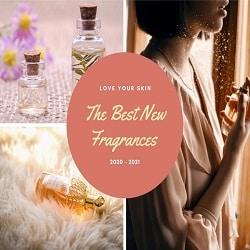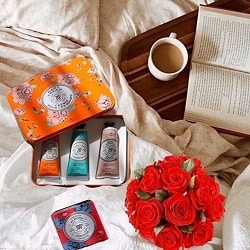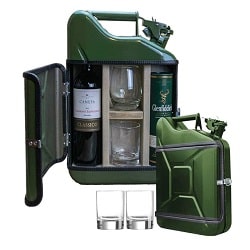As a fashion reporter focused on China, one question that I keep coming back to while writing about the virus-battered travel retail market is: Do Chinese travelers still shop at the airport? Last week, as I flew from New York City to Shanghai via Amsterdam, I finally got the chance to see for myself during my layover at Amsterdam’s Schiphol airport, one of the few routes that Chinese nationals can take under international travel restrictions.

Many Chinese travelers transfer in Europe under international travel restrictions. Photo: Yaling Jiang
The shops at Schiphol were open when I made it to the hall around 7:40 am last Monday. A kaleidoscope of luxury shops: Hermès, Bottega Veneta, Burberry, and Rolex flanked rows of lounge seats, but there were more people sitting than browsing inside the stores, which compared to stores in most cities with reduced hours after reopening, the Schiphol stores were operating under extended hours from 7 am to 10 pm.
I sat across from the Gucci boutique, where the brand’s Chinese New Year series featuring Mickey Mouse was displayed at the most prominent spot. Over the next hour, 11 people went in and out and two of them made purchases, which was the largest foot traffic among the row of luxury shops I was near. But Chinese shoppers were few and far between.

The Gucci boutique attracted the largest foot traffic among the row of luxury shops when I sat near for an hour, but Chinese shoppers are few and far between. Photo: Yaling Jiang
When I arrived at the boarding gate for my flight to Shanghai, operated by China Eastern Airlines, I finally knew where all my fellow Chinese travelers were. Out of a few hundred, almost one-fourth of them were in full gear: disposable protective clothing, N95 masks, goggles, plus a plastic face shield — the cherry on top. It was the very same package that my mother mailed to me in early February, long before New York City’s shutdown.
COVID-19 has hit the travel retail sector hard, which has been reflected by the rock bottom first-half 2020 earnings results. On July 27, the day I departed New York City, LVMH noted in their half-year financial report that the halt of international travel has “severely penalizing travel retail.” As a result, revenue for the Selective Retailing sector, which includes the DFS business, dropped by 33% and its profit shrunk by 143% when compared with the same period in 2019. Kering, which owns Gucci and Bottega Veneta, cited the “almost stoppage of travel retail” the next day as a main reason for its 49.3% second-quarter sales decline.

Out of a few hundred, almost one-fourth of my fellow Chinese passengers are in full protective gear at the boarding area. Photo: Yaling Jiang
While early signs show some revenge spending in mainland China, many Chinese consumers have remained less enthusiastic about shopping while traveling, reasonably so. Flying used to be an enjoyable experience; vacuum of time where no one expects anything from you, with built-in time to shop and try on cosmetics. But now, Chinese travelers are overwhelmed with anxiety and fear. And not just for our lives; we fear that we may not be able to even get on the plane, which makes flying the opposite of relaxing.
To qualify for flying, we first have to:
- Answer a digital questionnaire through a WeChat Mini Program for at least 14 days before the flight, it includes questions like temperature and symptoms.
- Some, like me, who slipped up and ticked the wrong box and spent the last week calling the irresponsive embassy and consulate, where we were told to get a COVID-19 test and report 72 hours before the flight as most test centers in New York City can only churn out results in 10 days.
- When you are about to take a breather after having successfully checked-in, you find another person eager to take your temperature at the walkway to the plane and realize that you can still be turned away.
I don’t think anyone wants to go through this with an armful of shopping bags.
Even after that, I was surprised when I stepped onto the plane for my flight to Shanghai. All the flight attendants were wrapped from head to toe in full protective gear, leaving only a sliver of space for them to see. The food — basically chips and Kit Kat bars for the 11 hour flights — was prepackaged and left on each seat. As I sat down, one of the attendants started going to every seat to fill in another digital questionnaire for border control.
These days, Chinese travelers don’t fly to travel, they fly to get the job done. Although it is done for a good reason; this is why the majority of China can enjoy the “new normal” and go to public places without masks.
As I left the plane, I was welcomed by another COVID-19 test in a makeshift test center, swabbing both of my nostrils and throat. In that teary moment (it hurt), my summer in New York City felt like a lifetime ago. I know I need to think less about the strict 14-day hotel quarantine ahead, and instead focus on the almost normal life I get to have on the other side, where I can finally relax.

Passengers on my flight are welcomed by Moncler Genius ads at the luggage belt. After this point, we will be dispatched to different quarantine hotels. Photo: Yaling Jiang
August 5, 2020








